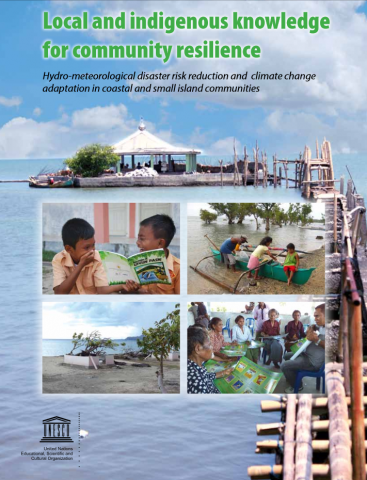Caribbean: Addressing public/sovereign risks – the Caribbean Catastrophe Risk Insurance Facility (CCRIF)
The CCRIF is a regional insurance facility owned and operated by 16 Caribbean governments. The facility insures the governments against the impacts of catastrophic hurricanes and earthquakes and allows them to access liquidity on short notice using parametric triggers. For earthquakes the triggers are based on USGS data on the location, intensity, and likelihood of damage to the member countries. For hurricanes the triggers are based on data from the U.S National Hurricane Center on hurricane paths and wind intensity.
Start-up activities have been supported by the World Bank and the Caribbean Development Bank and the governments of Canada, France, and the UK. By pooling their risk the governments have managed to reduce their individual insurance premium by up to 40%.
As of the end of 2008 the CCRIF made two payouts of US $418,976 to the St. Lucian government and US $528,021 to the Dominican government as a result of the magnitude 7.4 earthquake close to Martinique in November 2007 and US $6.3 million to the government of the Turks and Caicos Islands after Hurricane Ike in September 2008.
CCRIF website
http://www.ccrif.org


